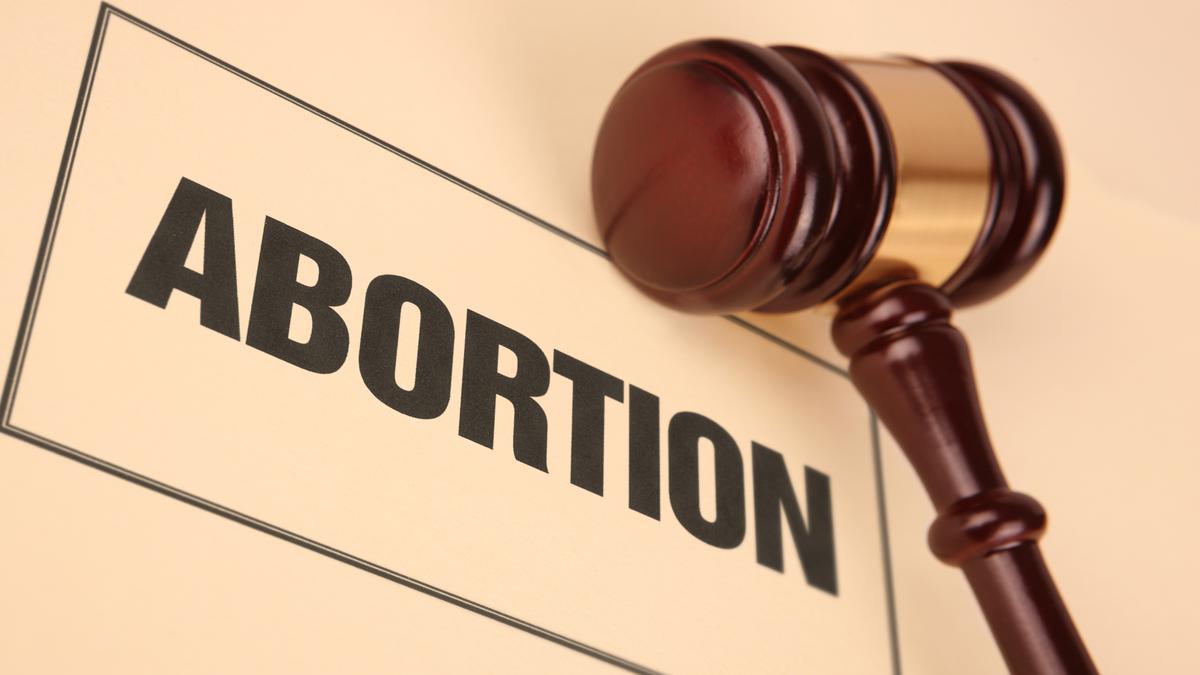In the 1988 case of Regina v. Morgentaler 1 SCR 30, the Supreme Court of Canada determined that the Criminal Code’s ban on abortions was unconstitutional because it infringed on women’s right to personal security under Section 7 of the Canadian Charter of Rights and Freedoms (“Charter”). Since this decision, Canada has not had any criminal legislation governing abortion.
FACTS OF THE CASE :
Section 251 of the Criminal Code was the relevant law, which mandated that a pregnant woman seeking an abortion submit an application to a “therapeutic abortion committee” at a “accredited or approved” hospital. The committee, which would be made up of at least four doctors, would decide if the pregnant woman’s health would be at danger if the pregnancy went on. If the committee determined that the woman’s health was not in danger, she would have to make a difficult decision between carrying an unwanted pregnancy to term and committing a crime in order to receive timely and appropriate medical care.
Henry Morgentaler, Leslie Frank Smoling, and Robert Scott, three physicians, opened an abortion facility in Toronto with the intention of performing abortions on women who had not obtained the Therapeutic Abortion Committee’s approval, as required under section 251(4) of the Criminal Code. They did this in an effort to draw attention to their cause, which is that a woman should have full authority over the decision to have an abortion.
JUDGEMENT :
The Criminal Code’s limits on abortion were found to be unconstitutional by the Supreme Court of Canada because they put women’s health at greater risk and violated their right to personal security. No laws restricting abortion have been passed since this ruling. The freedom of choice now available to women is a result of this decision.
JUDGEMENT REVIEW BY SREYA MARY.


